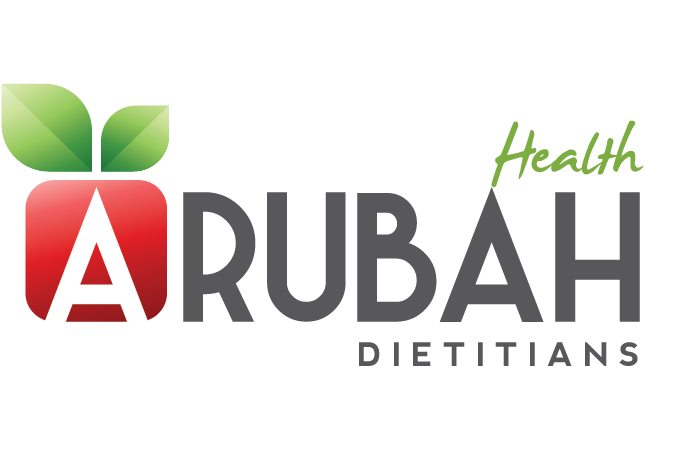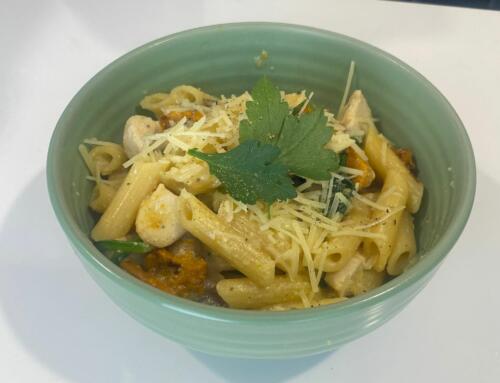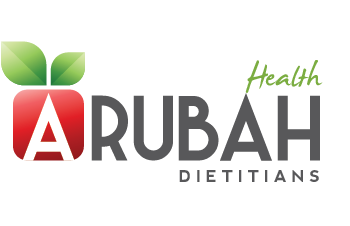Nutrition Around Exam Time. Why is this important?
We understand that the HSC can be a daunting experience for all year 12 students. A time when our stress levels are high and late night cram sessions are becoming a part of our daily routine, whether we like it or not. When we are pressed for time, we can opt for more ‘convenience-style’ or processed foods, while these foods are certainly okay to have sometimes, we wanted to provide a quick reminder of the benefits of eating nourishing foods, particularly during exam time.
What you eat can play an essential role in sharpening your mind, boosting mood and fuelling your body. Good nutrition is a crucial aspect when caring for your mental health. Making positive food choices improves mood and helps to put you in a clear and positive headspace, ultimately helping you ace your exams! When you are in a positive headspace, you are more likely to choose more nutritious options, creating a productive cycle between mood and our food choices.
The Gut-Brain Connection
When our bodies are under stress, the brain responds by releasing hormones that trigger the ‘fight-or-flight’ response, evoking feelings of stress and anxiety. Tiny micro-organisms in our gut can communicate with the brain through a large nerve connection, influencing the release of these stress hormones. If the micro-organisms in the gut are fueled with refined or processed foods, it can cause an imbalance of our hormones and trigger responses of stress, anxiety or low mood.
How can we stop this from happening?
Foods that are high in fibre keep our gut microbiomes happy as they promote smooth digestion, these include fruits, veggies, legumes and wholegrains. Additionally, probiotics are foods that promote growth of good bacteria in the stomach, these include yoghurt, sourdough bread, pickles and some cheeses. Vitamin D also plays a role in the release of our happy chemicals like serotonin and dopamine; these foods include salmon, eggs, avocado, mushrooms, tofu.
The minerals magnesium and zinc can both reduce the release of anxiety hormones, eating foods like almonds, wholegrains, yoghurt, beans and berries are great sources.
Another way our diet affects our mental health is when we skip meals or eat foods high in refined sugars. This can cause large drops or spikes in our blood sugar, this can make us jittery and increase stress levels. Sticking to natural, unprocessed foods will lessen this feeling. A persistent release of fight-or-flight hormones causes inflammation in our body, this explains feelings of head and muscle aches that accompany stress. It is proven that foods rich in Omega 3s can reduce inflammation in the body, these include tuna, leafy greens, flax and chia seeds, mussels, mangoes and berries.
Arubah Health’s Quick Recommendations
Tip 1: Eat a wide variety of fruits and vegetables to increase your fibre intake. Fruits and veggies are also rich with vitamins, minerals and antioxidants. Aim for 5 serves of veg and 2 pieces of fruit a day.
Tip 2: Choose whole grain options where available. Choosing wholegrain bread, pasta, rice and cereals instead of white varieties.
Tip 3: Eat a wide variety of legumes, lentils, fish, chicken, chickpeas or tofu. Also eat red meat up to 2-3 times a week as it is an excellent source of iron, however trying to opt for leaner cuts.
Tip 4: Include healthy fats in your diet like salmon, tuna, avocado, olive oil, canola oil, nuts and seeds; as they promote optimal cholesterol levels and reduce inflammation in our body.
Tip 5: Eat regular meals and snacks and drink plenty of water. Listen to your body when it is telling you it is hungry.
Tip 6: Aim for 30 mins of enjoyable movement or exercise each day. This could look like – playing team sport, swimming, running, cycling, walking, dancing, active gaming e.g. Beat Saber.
Tip 7: Make time for yourself. Self-care activities that you enjoy can help to improve mood, productivity and motivation.
Tip 8: We recommend seeing a Dietitian if you would like personalised advice and are struggling to make dietary changes to improve your mental health.
Arubah Health Dietitian’s would like to wish the best of luck to anyone undergoing the dreaded exam period at this time of the year. Please look after yourselves, check in with your mates and reach out if you require support.
If you are struggling with your mental health, we encourage you to please reach out to a professional service like Lifeline, Beyond Blue, your GP or a mental health professional.
Lifeline: 13 11 14
Beyond Blue: 1300 22 4636
NSW Mental Health Line: 1800 011 511
RECIPE OF THE MONTH: Sweet Potato Hash Browns!
We love recipe testing at Arubah. This month, Ellie whipped up some delicious sweet potato hash browns. These are awesome as a side or snack and only take 20 minutes to cook. Give them a try and let us know how you go!
Ingredients:
- 1 large sweet potato
- 1/4 cup flour
- 1 egg
- 1/2 tbsp vegetable oil
- Sprinkle of onion powder
- Sprinkle of paprika
- Sprinkle of salt
Directions:
- Peel the skin off your sweet potatoes. Using a grater, shred the sweet potato and pat dry with paper towel once grated.
- Place grated sweet potato in a mixing bowl and stir in egg, flour and seasonings. Form the mixture into hash brown patties.
- Heat vegetable oil in a fry pan over high heat. Cook the hash brown patties until crispy, about 1-2 mins on each side.
- Transfer to a lined baking sheet and oven bake or airfry at 200 degrees for 10-12 minutes, flipping halfway. Remove from oven and serve.

Do you have any food, nutrition or wellness related topics you would like to hear us write about? Send your questions/ideas to [email protected]









